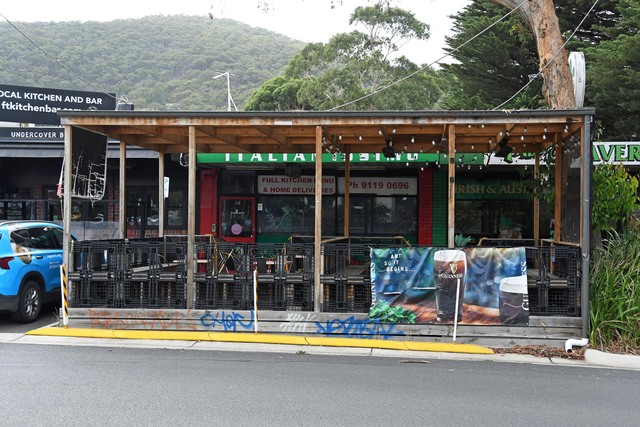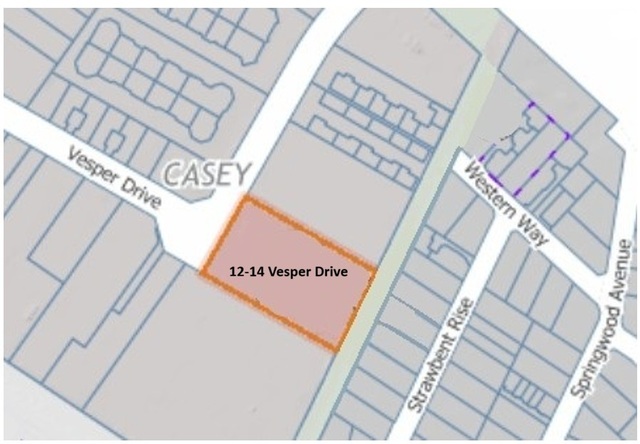Casey and Cardinia workers are split over Premier Jacinta Allan’s proposal to legislate the right to work from home two days a week.
Under this proposed law, if you can reasonably do your job from home, you will have the right to do so for at least two days a week – public sector or private sector.
Allan said “work from home works for families and it’s good for the economy”.
“Not everyone can work from home, but everyone can benefit. If you can do your job from home, we’ll make it your right – because we’re on your side,” Allan said.
The government will now undertake consultation, led by the Department of Premier and Cabinet.
It will consider which types and sizes of businesses will be covered by this scheme, as well as how remote work is defined and who qualifies.
Consultation will focus on ensuring the law reflects the real-world experience of working from home: what’s fair, practical, and already working in many workplaces today.
Following consultation, the State Government plans to introduce and pass this legislation next year, with several legislative options available.
Pakenham’s Aaron Miles, who works for a US-based IT company that has already adopted remote work, said he hopes other employers follow suit.
“When forced to be in the office you timebox your work day to 9–5, however when working from home you can have (within reason) the flexibility to get the job done.
“It also helps with talent. When organisations embrace the WFH lifestyle, you can potentially hire people who live farther away.”
For Berwick resident Nikki Jafe, working from home offers the chance to reclaim valuable time and reduce everyday expenses.
“My commute is about 1 hour 20 each way so just one day working from home immediately gives me back over two and a half hours of my life,” she said.
“I got so much more done at home and socially when we worked from home full time in covid – I can never ever be that productive again while I have to be in the office.
“I also think about the amount of money I save on petrol and even makeup, because as a woman, I feel I am treated differently if I don’t look as “put together”.
“Additionally, I wear more items of clothing in a week when I go to the office, so there is more clothes to wash.”
Beyond the workplace, it offers broader benefits for communities and the environment
“During covid, the climate got noticeably better. Smog decreased significantly and pollution was down markedly through less cars on the road,” Miles said.
“It helps congestion and pressure on urban communities in the sense that less cars with one person on the road has to be better for congestion also.”
However Beaconsfield’s Lee Brown criticized the legislation as “nonsense tokenism”.
“The majority of those to whom this could apply typically have some form of flexibility. Where staff can work productively in a remote setting, the employer is often incentivised to enable that,” Brown said.
“But like the HECS reduction pledge, this is a version of middle class welfare that is discriminatory. In this case, against those in jobs that cannot work remotely, e.g. cleaners, nurses, bus drivers, police, supermarket staff, tradies and others.”
Workers also admit that full-time remote work has downsides such as isolation from limited face-to-face contact, challenges maintaining work-life balance, and reduced collaboration.
Others see the proposal as a political distraction rather than genuine reform.
“We all know this is nothing more than a tasty treat to take the focus of all the new taxes they are implementing,” Pakenham resident Brian said.
Local businesses, especially those serving the commuter trade, fear the changes will hurt them.
Coffee on Bait owner Davy said coffee prices are already putting pressure on local cafés, now work-from-home laws could deepen the impact by keeping customers at home.
“Customers are not happy, because they don’t want to spend more and we are trying to keep the prices reasonable. Businesses around me are really suffering because the bills have gone up,” Davy said.
“Before people come earlier to have a coffee and breakfast, and then come back for lunch. Now if they come for coffee in the morning, they don’t want to come for lunch.”
Meanwhile the debate may be short-lived, with some predicting major changes ahead.
Beaconsfield resident Logan warns “it will only be an issue for a few years though, by which time any job that doesn’t require skilled physical labour will vanish as A.I. automates it away.”

















